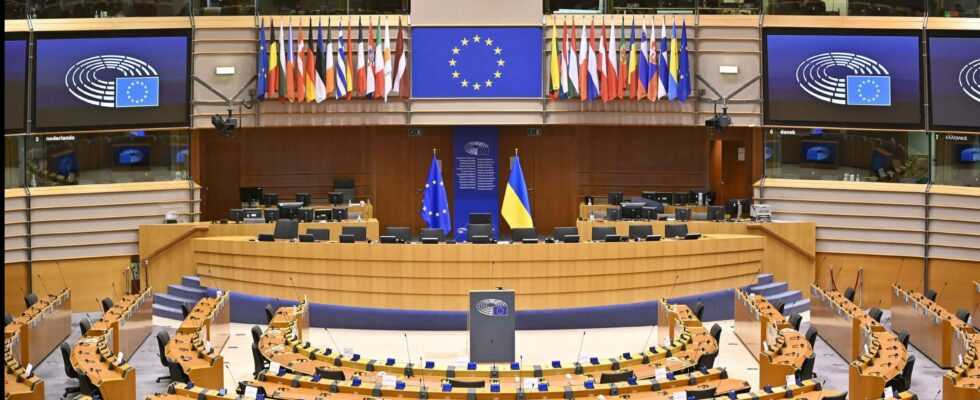The MiCA thriller about a possible ban on Bitcoin has hardly ended when new trouble from Brussels threatens the crypto space. As BTC-ECHO reported in detail last Saturday, changes to the so-called “Transfer of Funds Regulation” (TFR) have again triggered displeasure within the crypto community.
Specifically, this time it is about drastic anti-money laundering measures for so-called unhosted wallets, which would impose complex identification procedures on crypto service providers. For example, providers would not only have to collect information about transfer partners, but also verify it. In the worst case, this could even mean the end of self-custody in Europe, warned DeFi expert Patrick Hansen Twitter.
Advance comes from left-wing factions
According to information from BTC-ECHO, the proposal comes from the camp of the left-wing factions in the EU Parliament. On twitter defended the responsible shadow rapporteur, Paul Tang, the initiative of his group (S&D). The TFR is an “important tool to combat money laundering and terrorist financing,” said the 54-year-old. The concerns of what Tang calls “Crypto Bros” are harmless.
Benedikt Faupel, who is responsible for blockchain at the digital association Bitkom, sees things differently. Compared to BTC-ECHO, he supported the TFR’s goal of combating money laundering and terrorist financing in crypto assets.
Basically, however, it must be stated that crypto assets are extremely poorly suited to being used for illegal activities. On the one hand, this is due to the open architecture of the blockchain, on the other hand, to the advanced analysis tools that facilitate the tracing and tracing of transactions.
Resistance in the EU Parliament
In the EU Parliament, however, there is resistance to the push by the Left, Greens and Social Democrats. As BTC-ECHO learned from insider circles, the conservative group of the European People’s Party (EPP), which also includes the Union from Germany, is said to have submitted a counter-proposal. This is intended to simplify the identification process for crypto providers, for example.
Instead of collecting and verifying the transaction data from unhosted wallets themselves, service providers should only be obliged to collect the data. This information would then be checked against a European Banking Authority (EBA) database containing blacklisted wallet addresses. However, a corresponding database would first have to be created.
However, unlike the MiCA thriller, there seems to be a consensus between the member states and the EU Parliament on how to deal with unhosted wallets. A vote on the TRF will take place next Thursday, March 31st.
Grow your cryptocurrencies with staking
eToro users can easily profit from their crypto holdings. With its own staking service, users can increase their crypto assets in a simple, safe and hassle-free way.
